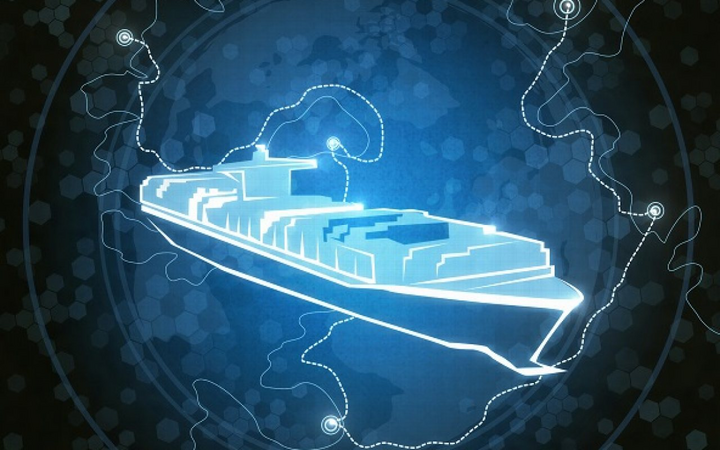
The Future of Maritime Technology in 2025
The maritime industry is on the brink of a technological transformation, driven by advances in efficiency, sustainability, and innovation. As we approach 2025, several key trends are set to reshape maritime operations.
Autonomous Ship Navigation Systems
One of the most significant advancements will be in autonomous ship navigation systems. By 2025, we expect significant advancements in autonomous ship navigation systems. These technologies will allow vessels to operate with minimal human oversight, particularly in well-mapped or predictable routes. While fully autonomous ships may still be a few years away, the move towards automation will revolutionize maritime operations.
Rise of Digital Twins
Another key trend is the rise of digital twins. Digital twin technology is changing how maritime companies monitor and manage their assets. By creating virtual replicas of ships, fleets, and ports, operators can track real-time data, predict maintenance needs, and improve performance, all while reducing downtime and costs.
IoT and Big Data Analytics
The Internet of Things (IoT) and big data analytics will also play a central role in maritime operations. By 2025, IoT devices and big data analytics will allow real-time data collection from ships, cargo, and ports, enabling predictive analytics, optimized fuel consumption, and proactive decision-making.
Blockchain Technology
Blockchain technology will also enhance security and transparency in maritime supply chains. Blockchain can provide immutable records of cargo movements, contract verifications, and customs clearances, reducing fraud and improving efficiency.
Shift Towards Renewable Energy
The maritime industry is also shifting towards renewable energy and hybrid propulsion systems to reduce carbon emissions. By 2025, hybrid systems that combine renewable sources like wind, solar, and hydrogen with traditional fuels will become more common, helping fleets meet environmental regulations and cut costs.
Cybersecurity in Maritime Industry
Cybersecurity will become increasingly important as the maritime industry continues to digitalize. Shipping companies will need advanced AI-powered cybersecurity solutions to protect their fleets, ports, and data from cyberattacks, ensuring safe and secure operations.
Maritime Robotics
Finally, maritime robotics, including unmanned aerial vehicles (UAVs) and underwater unmanned vehicles (UUVs), are expected to play a significant role in maritime operations by 2025. These robotics systems will enhance surveillance, environmental monitoring, and inspection processes, especially in dangerous or hard-to-reach areas.
Conclusion
As 2025 approaches, the maritime industry is poised to undergo significant changes driven by emerging technologies. From autonomous ships and digital twins to blockchain and renewable energy, these advancements will enhance operational efficiency, improve sustainability, and ensure greater security in maritime operations.

Leave a Reply